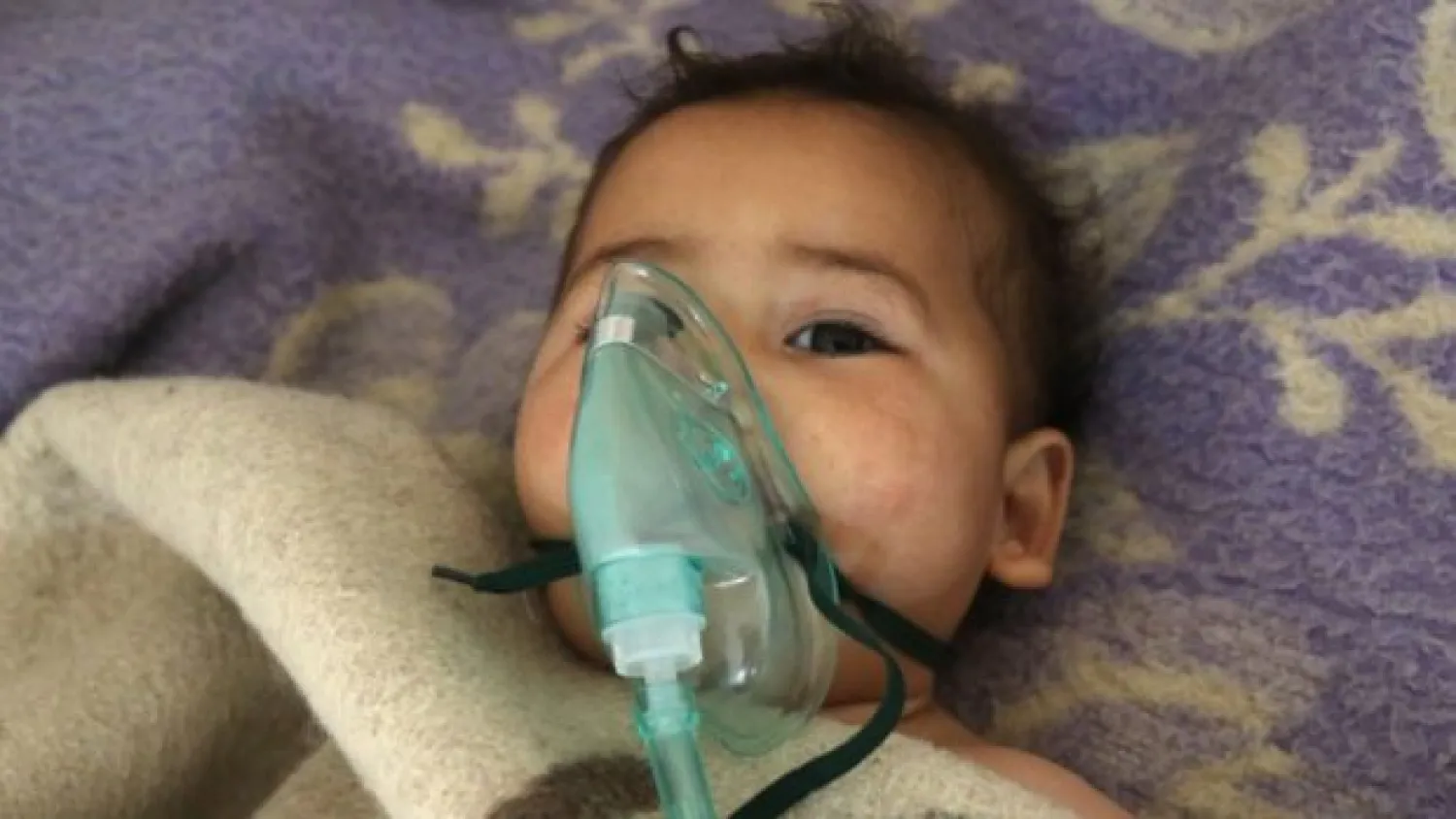UN investigators will this week travel to the Shayrat air base in Syria that the United States and its allies say was used to launch the sarin gas attack on the town of Khan Sheikhoun in Idlib province last April.
The team from the joint UN-OPCW probe, known as the JIM, left Monday for Damascus and were to go to the Shayrat airfield, a Security Council diplomat, who asked not to be named, told Agence France Presse on Wednesday.
The trip to the airfield comes just weeks before the release of a much-awaited report on the Khan Sheikhoun attack that the West and a UN commission have said was carried out by Bashar al-Assad's forces.
The United States in April launched a missile attack on Shayrat after concluding that Syrian aircraft, loaded with sarin gas, had departed from that airfield to attack Khan Sheikhoun.
The JIM visit to Shayrat would address criticism from Russia that the panel is biased by refusing to accept Syria's offer to visit the military base.
Western diplomats have expressed skepticism however, suggesting the visit would be used by Damascus to try to bolster its assertion that the sarin gas was released by an accidental air strike on a storage depot in rebel-held Idlib.
The joint investigation of the United Nations and the Organization for the Prohibition of Chemical Weapons (OPCW) earlier this year presented a report confirming sarin gas was used in the attack at Khan Sheikhoun that left 87 people dead.
Syria's regime has denied any involvement and maintains it no longer possesses chemical weapons after a 2013 agreement under which it pledged to surrender them.









